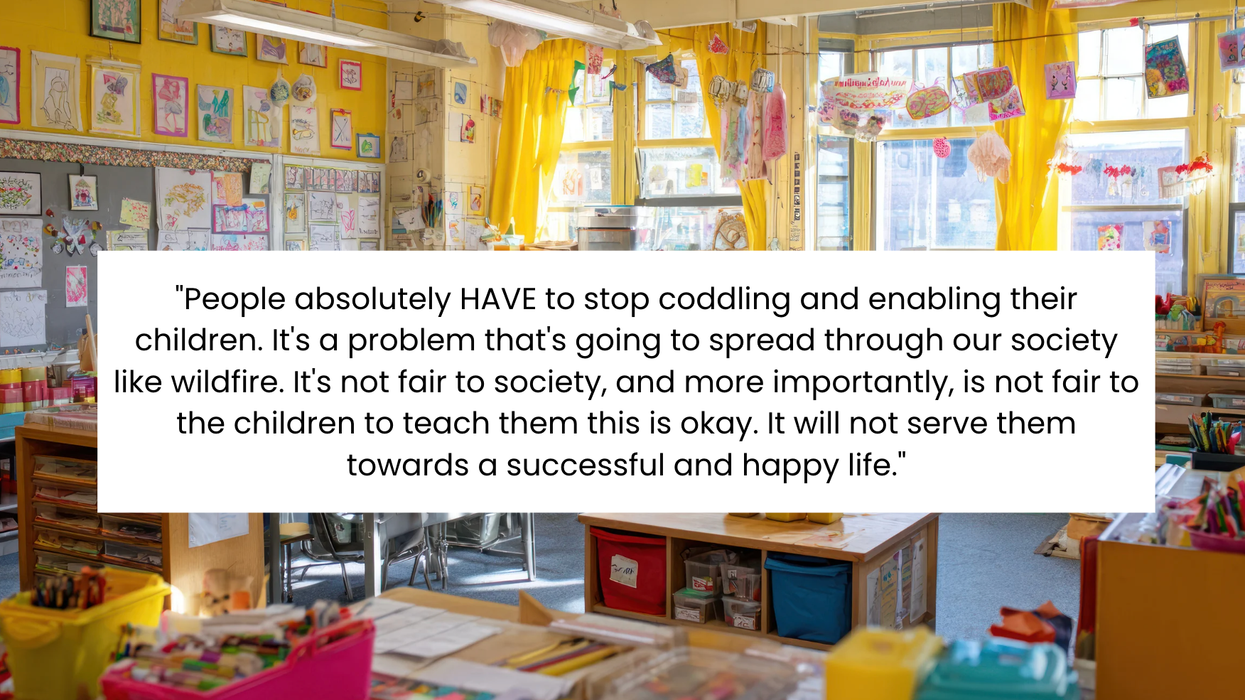This is the second post in a five-part series from Teach For America corps members and alumni about the use of the phrase "achievement gap" both within the organization and the wider education community.
Back in March 2004, as a first year Teach For America corps member, I led my eighth grade students at Spencer Elementary in Chicago in reading an op-ed in the Chicago Sun-Times written by Phillip Jackson, executive director of The Black Star Project. "50 years after Brown, blacks still lag in education," it said. While reading Jackson's article, my students—who were all black—learned about the achievement gap.
I'd been introduced to this terminology in college and during the subsequent lesson, I taught my students that an academic achievement gap in schools inevitably results in an achievement gap in society, which leads to an employability gap, an earnings gap, a health care gap, a life expectancy gap, a housing gap, an incarceration gap, a marriageability gap, a wealth gap, and other quality-of-life gaps. Through a visual I supplied, I helped them understand that this gap is actually a racial gap.
I told my students what I firmly believed: This issue of educating black children—and all children—is the next civil rights movement and must become a national priority. I also made it clear that the failure of black children to be educated in American schools is not a problem caused by black children; It is caused by adults of all races, and it will take all Americans to fix this problem. And, while many individuals and institutions have a powerful role to play in the solution—the government must provide financial resources and legislative will—ultimately, the black community must supply leadership, energy, and resolve.
However, you don't know what you don't know. I never once questioned my using the term achievement gap until I read the recent article by an educator I know and respect, Dr. Camika Royal, calling for an end to its use. Her words helped me make the connection to David Foster Wallace's insight that "we are all like a fish that doesn't know it's in water; we're so surrounded by it, that it’s impossible to see."
I wondered if Dr. Royal was especially calling out educators like me who have used the achievement gap. How dare I, an educated black man who shares the same racial identity as his former students, teach them society's biased definition of excellence? Lesson learned.
What I know now is that changing this conversation must not come at the expense of failing to identify a solution to the achievement gap—which, nearly a decade later, I still believe to be the greatest problem of our time. I’m talking about integration as a first step towards a real and sustainable solution.
During a subsequent lesson with my students in Chicago, I used a personal story to define what integration meant to me. I told my students about my mother, and how she epitomizes the disposition one must have to fully embrace integration. This disposition includes characteristics of strength, forgiveness, and wisdom. I shared how my mother, who lived during the Civil Rights Movement, shed tears on September 11, 2001, as she watched Peter Jennings deliver an around the clock narrative of the tragedy that had just struck our nation. This is one of the only times I have seen my mother cry. She did so, she explained, because this was the first time in decades that she had seen our country unified, regardless of race, ethnicity, class, or any of the myriad terms that divide us as a people.
In many ways, we are all the same, but, much like words, we let color get in the way. The race problem in America is rooted in over 400 years of history that won’t be erased, but the lesson I learned from my mother that day is that strength and unity grow in moments of vulnerability and pain. What greater pain are we facing today than the realization that our schools work for many, but not for most of the children in low income communities of color—the communities where Teach For America corps members work?
Today, I'm still that fish that doesn't know it's in water. But if you ask me if we should stop using the term "achievement gap" here is my answer: Let's not waste valuable time debating words at the cost of progress.
A version of this post originally appeared at Pass The Chalk
Chess board figures image via Shutterstock
















 Otis knew before they did.
Otis knew before they did.